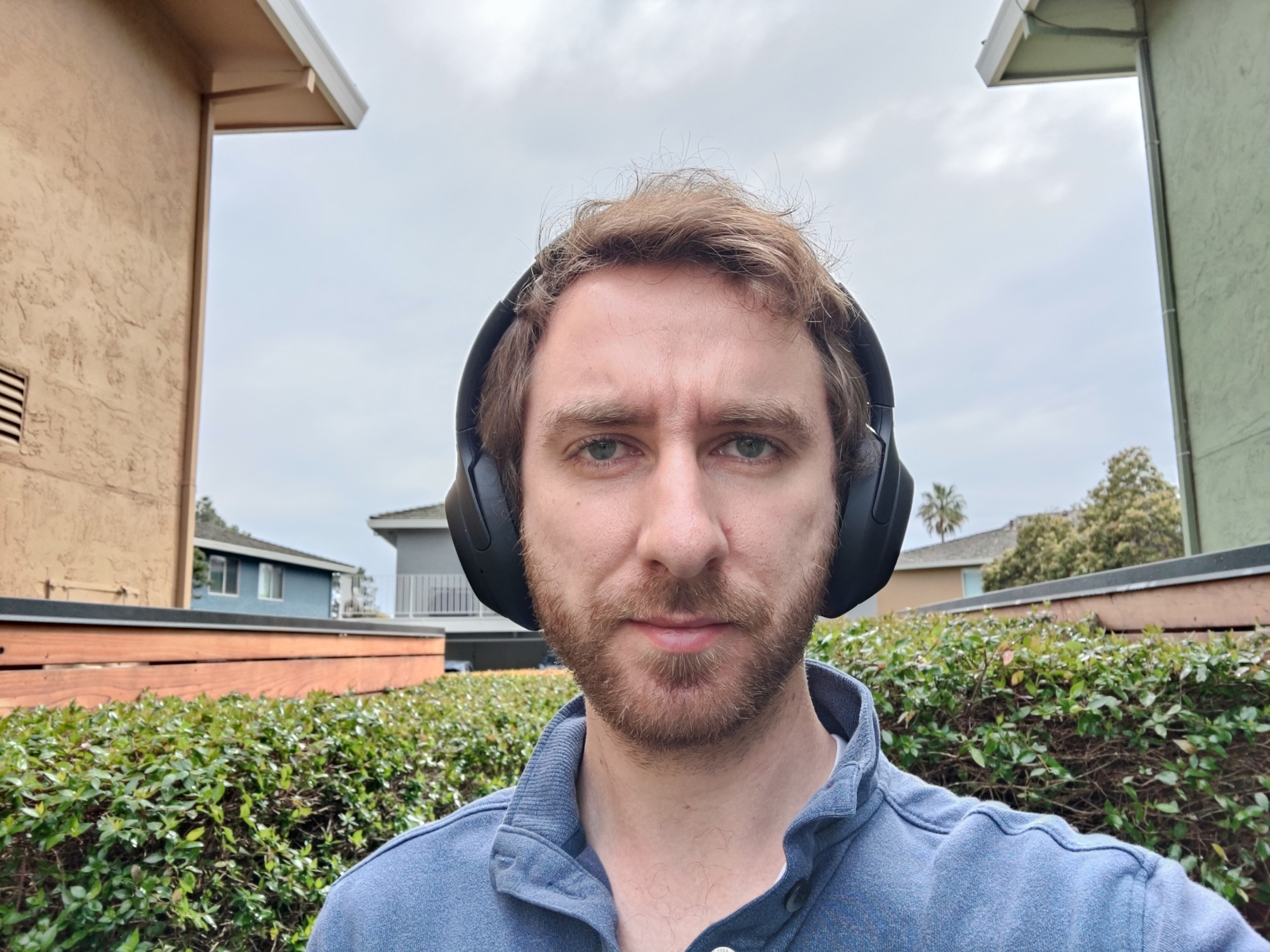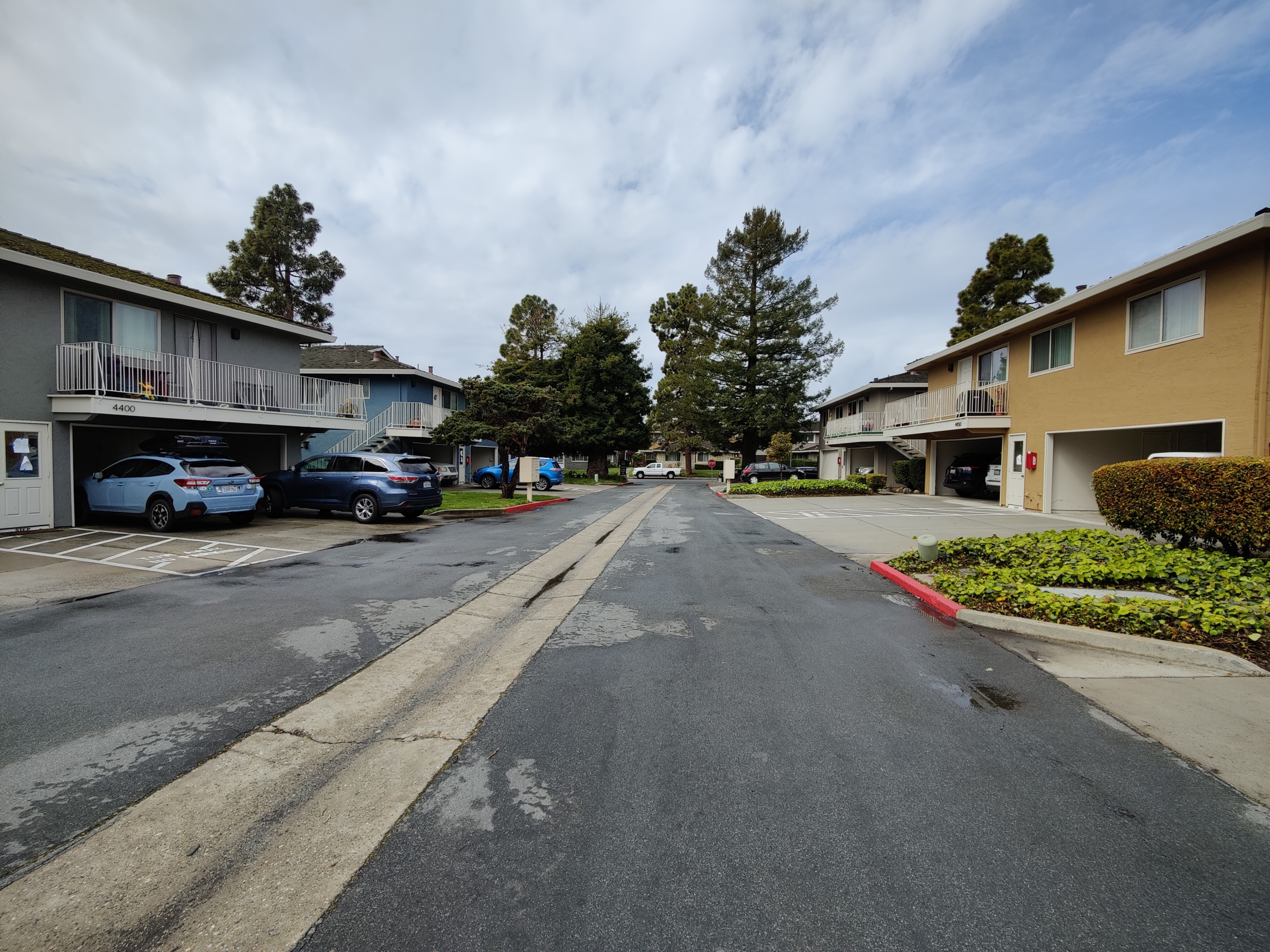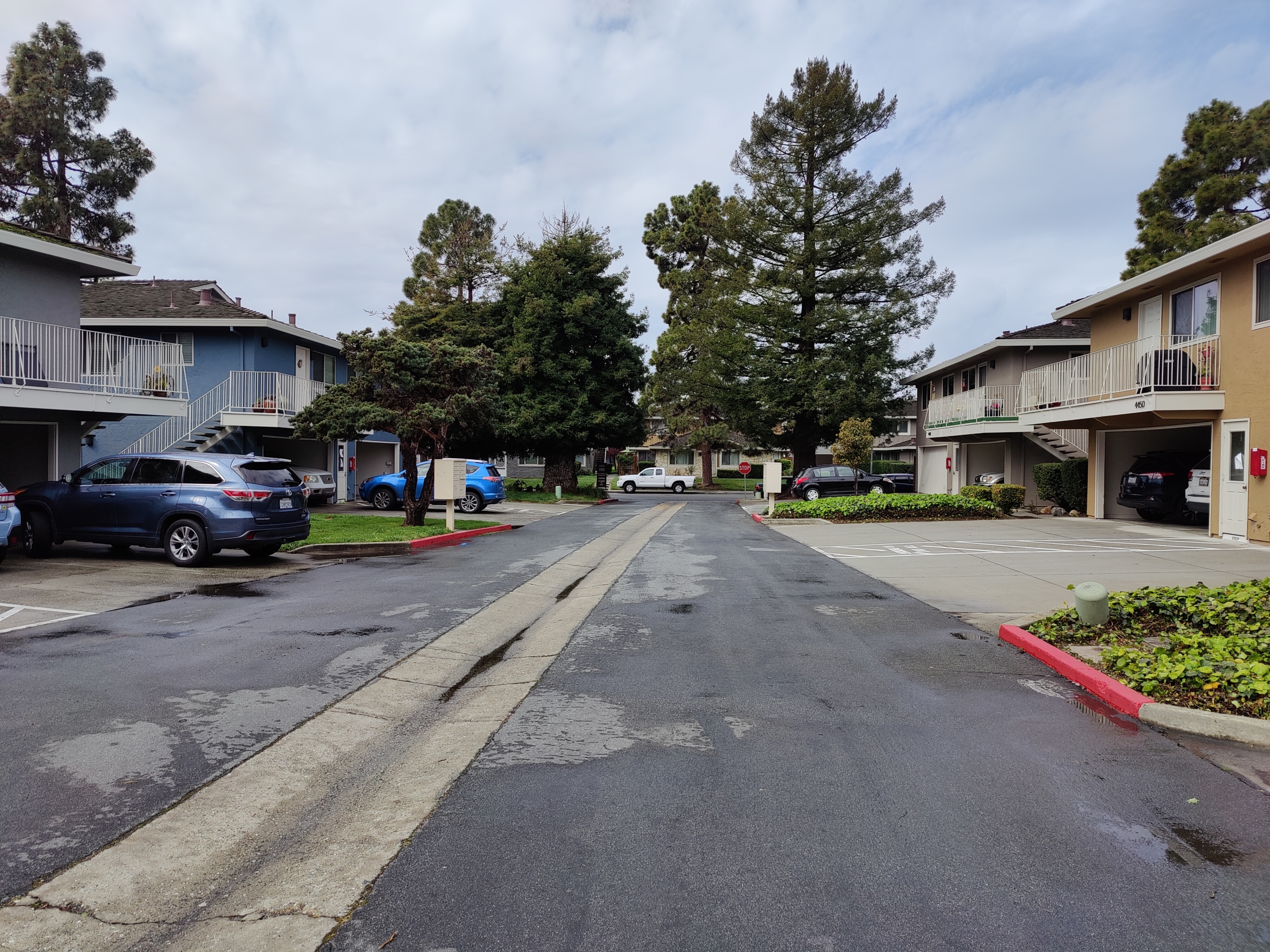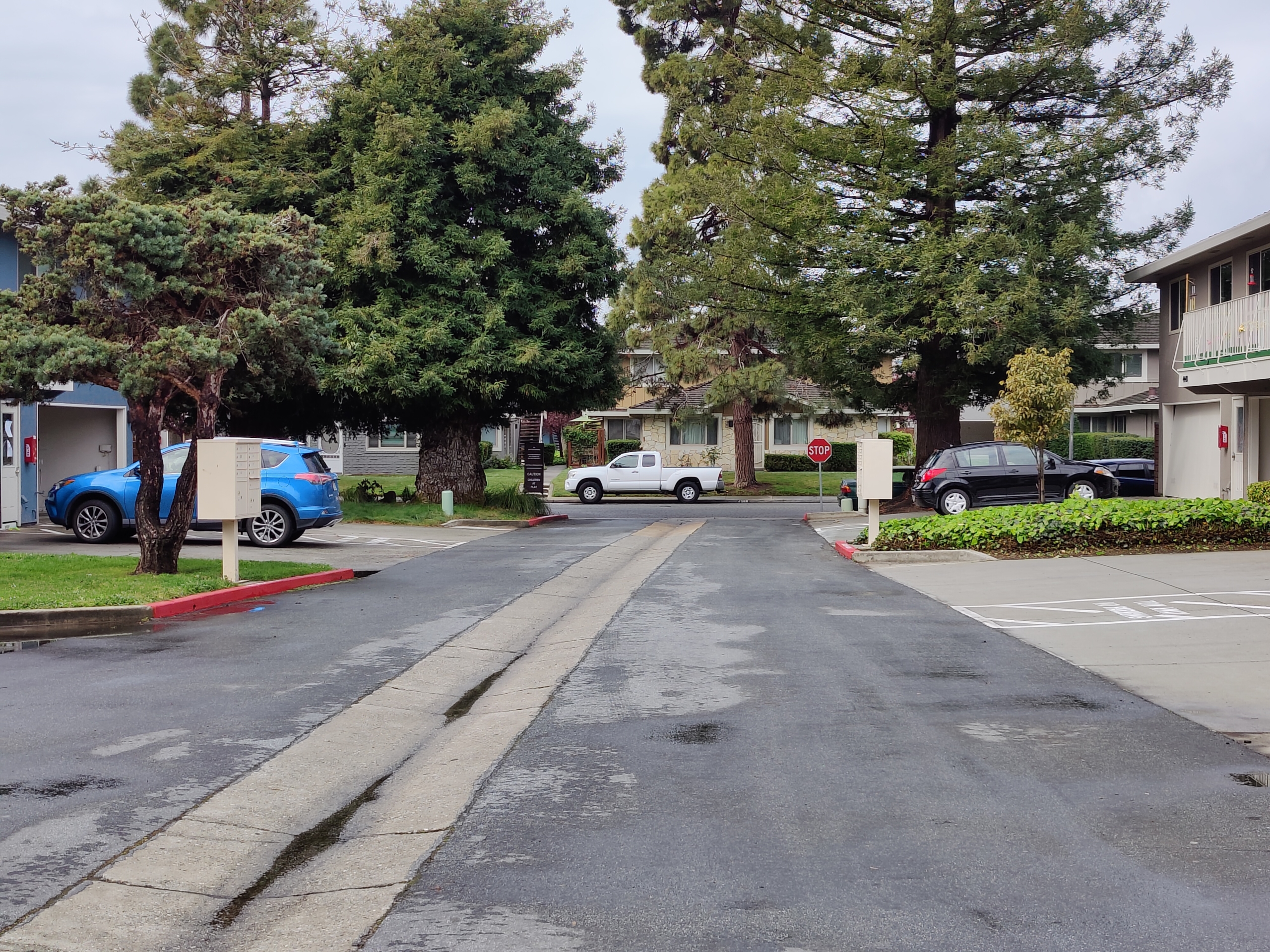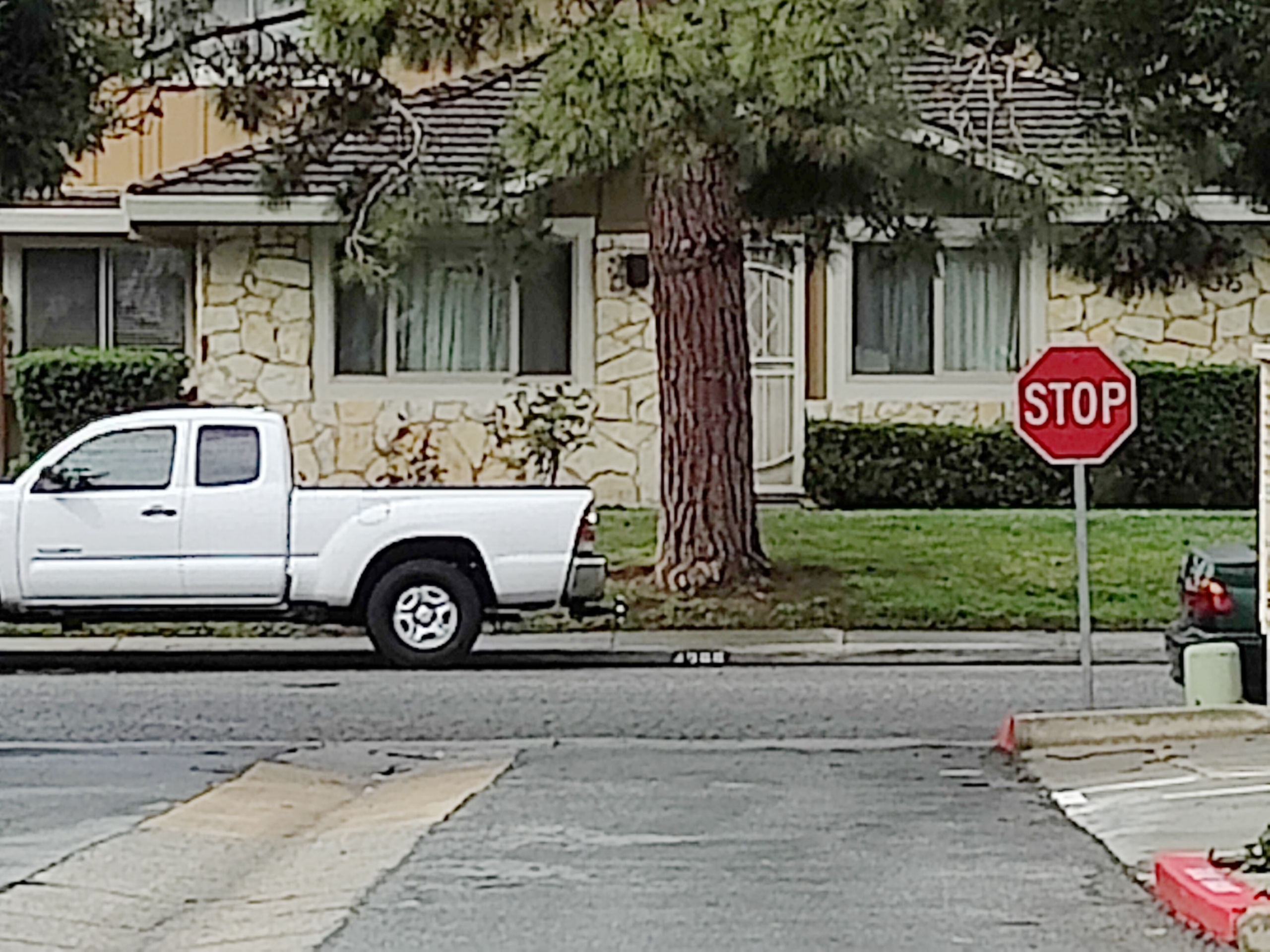“It's let down by a boring design and a camera that just cannot compete with other devices in the same price range.”
- Excellent performance
- Smooth software
- Stunning display
- Boring design
- Camera still needs work
- Rising prices
A lot has changed in the smartphone industry over the past year or so. While OnePlus was once the go-to phone for those who wanted a near-flagship experience at a few hundred bucks less than the competition, others have caught on. The Samsung Galaxy S20 FE, for example, took the best things about the Galaxy S20, but offered them at only $700. Then came the Samsung Galaxy S21, which starts at $800, a full $200 less than its predecessor. Google’s Pixel 5 is just $700, and the iPhone 12 is a palatable $800.
In other words, based on price alone, the OnePlus 9 isn’t a flagship killer. It’s priced on the low end of the flagship range, and as such, it needs to compete on its merits.
I’m not trying to imply that it doesn’t compete. With features like the latest-and-greatest processor, a beautiful screen, and an excellent software experience, the OnePlus 9 brings a lot to the table. Not to mention there’s also a OnePlus 9 Pro, which we’ve separately reviewed, that takes the OnePlus 9 and turns its features up to 11. But, let’s dive into the OnePlus 9.
If you’re interested in the OnePlus 9 Pro, which is more expensive but also a little more technically capable, read our in-depth review.
Design and display
The OnePlus 8T represented a number of changes for the company, but the OnePlus 9 is much more iterative. It’s not identical to the 8T — but you’d be forgiven for thinking it was. It has the OnePlus 8T’s flat display, and its rectangular camera module at the top left of the back, both of which are differences from the OnePlus 8 from a year ago.
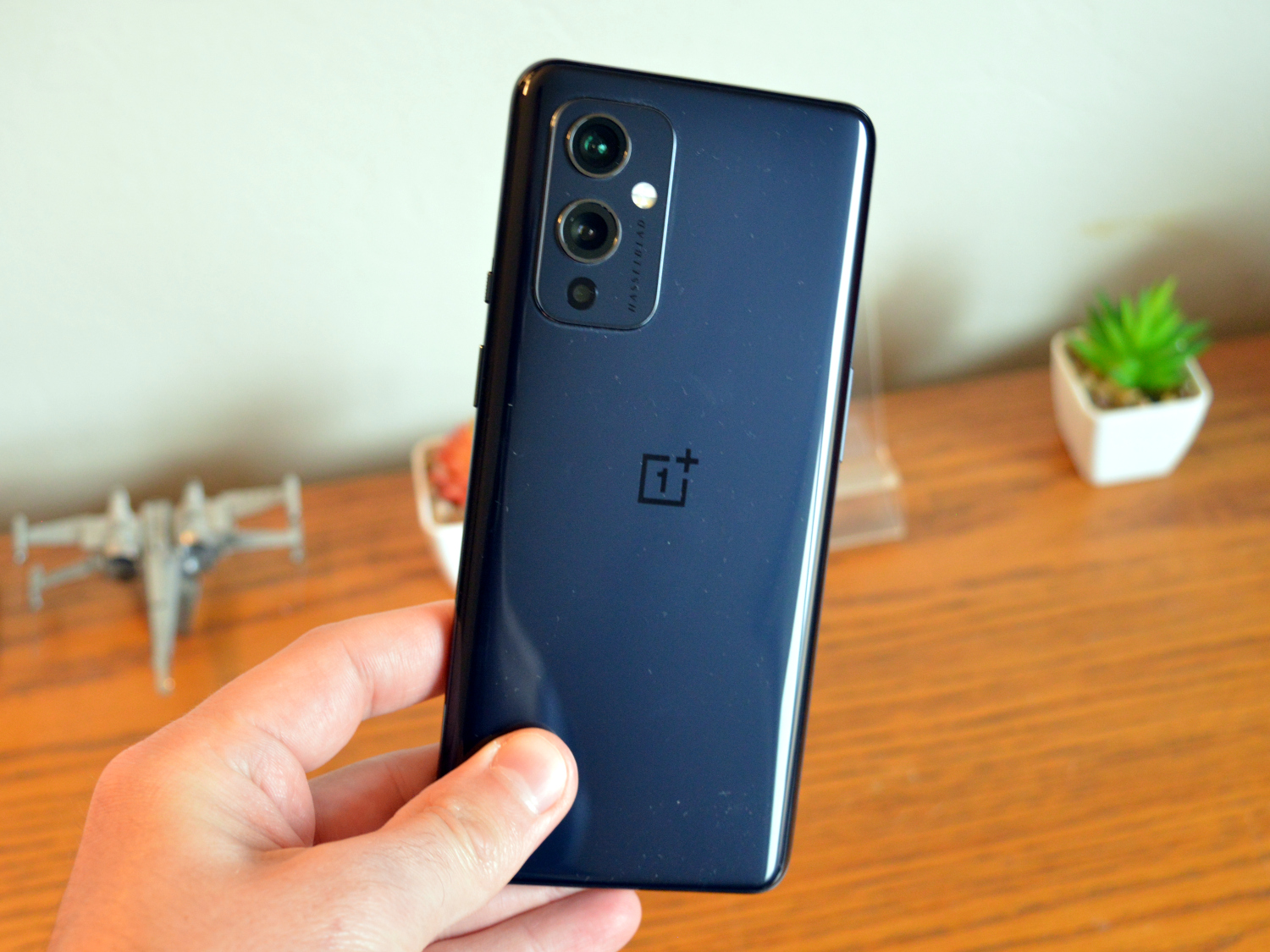
It’s not a bad look, but it is a boring look. It looks like a Samsung Galaxy S20 — which is fine, but not that exciting in a world where Samsung rolled the dice on a number of design tweaks for the Galaxy S21 that help it look both unique and incredibly sleek.
The OnePlus 9 has a glass back, but to me, it feels a little cheap, and I actually thought it was plastic at first, though that’s perhaps owed to the light weight. It also attracts fingerprints easily, and as such it quickly loses its glossy look. Frankly, I actually prefer the look and feel the look of the plastic on the Galaxy S21, which can pass as frosted glass at a glance.
There are aspects of the OnePlus 9’s design that I do love,though. Chief among those is the physical ringer switch. Yes, it’s a small feature, but it’s one I wish more Android phone makers would adopt. I do wish that it was swapped with the left side-mounted volume rocker, considering you’re likely to use the power button more often than the ringer switch, but that’s a small complaint, and you’ll easily get used to the layout.
There are aspects of the OnePlus 9’s design that I do love, though. Chief among those is the physical ringer switch.
Another thing I love about the OnePlus 9 is its display. It’s a 6.55-inch AMOLED display with a 120Hz refresh rate, and it looks great. Thanks to both the high refresh rate and the modern processor, the phone looks and feels incredibly responsive. So much so that you won’t really notice that the display has a 1,080p resolution rather than the OnePlus 9 Pro’s 1,440p. You can see a slight difference between the phones when they’re next to each other, but the OnePlus 9 proves that a high refresh rate is more important than a high resolution, within reason. That’s something Samsung’s figured out as well.
The display gets nice and bright too, and is easily visible in outdoor use. According to OnePlus, the display brightness goes up to 1,100 nits, which is a little lower than the OnePlus 9 Pro’s 1,300 nits. Still, it’s very bright, and I never found myself really wishing it could get brighter.
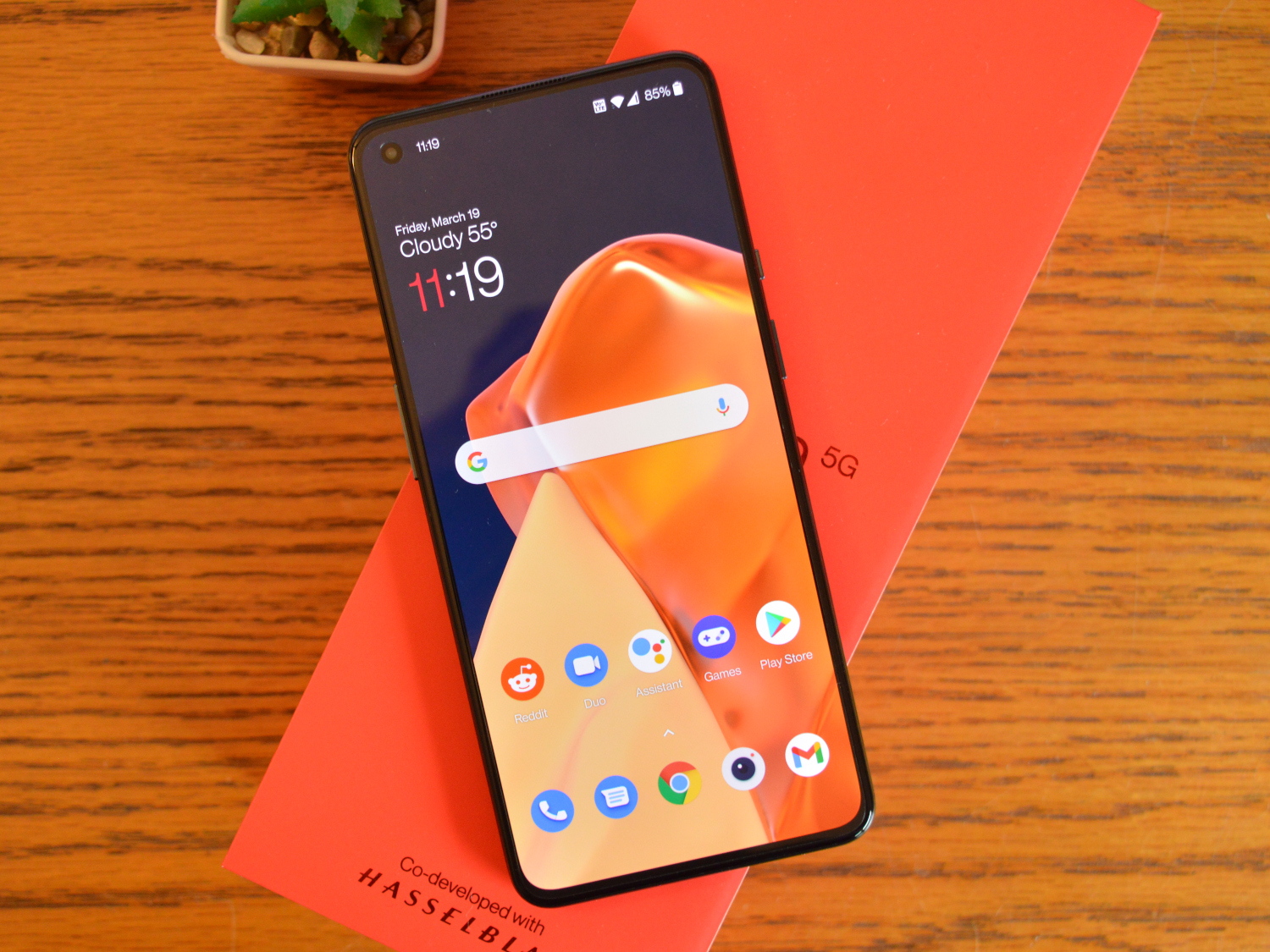
Unfortunately, the device does not have the 1Hz to 120Hz variable refresh rate available on the OnePlus 9 Pro, but it does go from 60Hz to 120Hz, which is still great, and helps cut down on battery use somewhat.
Under the display is a fingerprint sensor, and it works great. The sensor is fast and accurate, making it easy to get into your phone. It is a little low on the display, making it a bit awkward to bend your thumb to reach — but you’ll get used to the placement.
Performance, battery, and charging
OnePlus phones have never really been about their looks. They’ve been about features for the price — and that includes the specs under the hood. As you would expect from a flagship-level phone in 2021, the OnePlus 9 comes with a Qualcomm Snapdragon 888 processor, which is coupled with either 8GB or 12GB of RAM, and either 128GB or 256GB of storage, depending on the model. I’m reviewing the model with 12GB of RAM
The OnePlus 9 performs like a dream, thanks to the combination of a high-end processor, high refresh rate, and relatively lightweight software. In mobile gaming, it loaded quickly and rarely skipped a frame. During heavy multitasking, the device was responsive and fast. If you’re looking for a high performer, the OnePlus 9 ticks that box.

The battery life on the OnePlus 9 is fine. It has a 4,500mAh battery that’ll get you through a full day of use, and perhaps a few hours into the next day if you miss a charge overnight. It’s no slouch, but it’s not a multiday phone.
It actually doesn’t really need to be a multiday phone, though. OnePlus’ Warp Charge technology is getting better and better, and it can now charge the OnePlus 9 from 0 to 100% in around 30 minutes. In other words, if you chuck it on the charger during a morning shower, it should get the majority of its battery life back. That’s pretty amazing, and removes whatever battery anxiety you may have from other phones. Of course, it requires using the OnePlus-only Warp Charge charger, but you get one in the box with the phone. Additional bricks will set you back $65 each.
For the first time, the base model of a OnePlus phone also supports wireless charging, which was previously limited to the “Pro” models. The OnePlus 9 supports up to 15W wireless charging — not the 50W wireless charging that you have to use a separate charger for, like on the OnePlus 9 Pro.
Camera quality

Look at the back of the OnePlus 9, and you’ll see the name of another brand: Hasselblad. The two have buddied up for the color tuning of the OnePlus 9’s camera. There is a difference between the color tuning on the OnePlus 9 and the previous-generation OnePlus 8, but the OnePlus 9 also has some new hardware, making it a little difficult to discern the differences.
The OnePlus 9 has a triple-camera system with one 48-megapixel main camera, one 50MP ultrawide camera, and one 2MP monochrome camera that’s used for depth and detail. It’s really unfortunate that there’s no telephoto camera here, especially considering that the Galaxy S21 manages to fit one (though calling it “telephoto” is a stretch) into its setup at a similar price.
Ultimately, images taken with the OnePlus 9 aren’t bad. They’re not quite as colorful as, say, those taken with a Galaxy S21, nor do they have as much detail. Not only that, but the camera isn’t as consistent — sometimes it’ll take better photos than other times, despite being in a very similar situation. But still, they’re not bad.
Unfortunately, at $730, not bad still isn’t really good enough. In a world with the Galaxy S21, Pixel 5, and iPhone 12, the OnePlus 9 still falls short. But it seems like it’s improving things — a software update partway through this review process improved the camera quality a fair bit. Hopefully, it will continue with that trend, though you should never buy a phone based on hoping that it’ll improve in the future.
The front-facing camera is 16 megapixels, and it’s, again, pretty good — but not revolutionary by any means. Photos taken with it seem to have a decent amount of contrast. They’re not necessarily all that detailed, but they’ll do the job for the average selfie.
Unfortunately, at $730, not bad still isn’t really good enough.
There are some things I really do appreciate about the OnePlus 9’s camera. OnePlus has worked hard on capturing better lowlight photos, and while the phone doesn’t compete with some other devices, it is leaps and bounds better than the OnePlus 8. Also, the OnePlus 9 allows for macro photos using the ultrawide camera, like the Galaxy S21. It’s a handy feature, and means OnePlus can avoid shipping the low-quality macro camera that other companies (including OnePlus previously) are so fond of.
Software experience
If there’s one thing OnePlus has nailed, it’s software. The phone ships with OnePlus’ OxygenOS 11, which is built on Android 11.
OxygenOS in general has been straying further and further from stock Android, but it still offers a stripped-back experience that’s smooth and easy to navigate. I actually really like the majority of the tweaks OnePlus has made to the software, like the more unified look to the Settings app and Quick Settings menu. And, its Dark Mode now looks and works great across both the core software and OnePlus’ apps.

OxygenOS also now finally offers a solid always-on display. This feature was introduced on OxygenOS 11, and was available on the OnePlus 8T, and it offers a glance at information like your battery life, the time, and the weather. It’s similar to everyone else’s always-on display, but still handy that it’s there in the first place.
OxygenOS also ships with a series of extra features. Notably, you’ll get the App Locker, which allows you to require authentication to access certain apps. You’ll also get Parallel Apps, which lets you install two instances of an app, to be logged into two different accounts. That’s perfect for those apps that don’t let you sign in to multiple accounts themselves yet. And, on OnePlus phones, you can still access the OnePlus Shelf, which offers quick information like the weather, deep links into some apps, the number of steps you’ve taken, and more. For first-time OnePlus users, it may take a while to get used to remembering to use Shelf, but when you do, it can definitely come in handy.
Our take
The OnePlus 9 is a strange release. It’s a good phone. With top-tier performance, an awesome display, and an excellent software experience, there’s definitely a niche for it. But it’s let down by a boring design and a camera that just cannot compete with other devices in the same price range.
It’s really a shame, especially given the software experience. You’d be hard-pressed to find another phone at any price that’s as fast, and as clean software-wise, as the OnePlus 9. That’s in stark contrast to the Galaxy S21, which is fast, to be sure, but has more cumbersome and bloated software throughout.
At $730, the OnePlus 9 just doesn’t do enough to offer a complete experience matching the price, and as a result, I recommend many users to look elsewhere for this amount of money.
It’s important to note that the OnePlus 9 only officially works with T-Mobile and Verizon’s 5G bands — so if you’re on AT&T, you may not get 5G connectivity.
Is there a better alternative?
Yes. Chief among those alternatives is the Samsung Galaxy S21, which offers similar performance and as-good display quality, plus it looks a whole lot better and has a far better camera. If you want an Android phone in the $700 to $800 price range, it’s the phone you should buy. On the clean-and-simple side, but with a lesser display and specs, you can pick up the Google Pixel 5 for similar money. Alternatively, you could get the last-generation Samsung Galaxy S20 FE, which isn’t quite as high-performing, but still has a great display, and arguably a better camera, than the OnePlus 9. It’s only $600.
Of course, there’s another phone worth considering in that price range: The iPhone 12. It offers among the best performance you can get in a smartphone, and it’ll likely be performing just as well in three years, like we’ve come to expect from OnePlus phones. It offers a clean software experience in iOS, plus it has an excellent camera. The only real trade-off is the display, which looks good, but doesn’t have a high refresh rate like the OnePlus 9 and Galaxy S21. And, switching ecosystems may be a dealbreaker for some peiople.
Last but not least is the OnePlus 9 Pro. If you really like OnePlus’ style, you can pay $970 for a higher-resolution display and a telephoto camera. You’ll still get the same processing power and overall software experience. You’ll have to decide for yourself if those things are worth that extra cash.
How long will it last
The OnePlus 9 performs as well as any other 2021 flagship, and as a result, it should last at least three years before it starts to really slow down. It is made of glass, so you’ll probably want to put it in a case to protect it from any drops and bumps.
Should you buy one?
No. The OnePlus 9 doesn’t do enough to justify its price tag, and you should get a Samsung Galaxy S21, S20 FE, iPhone 12, or Pixel 5 instead.




